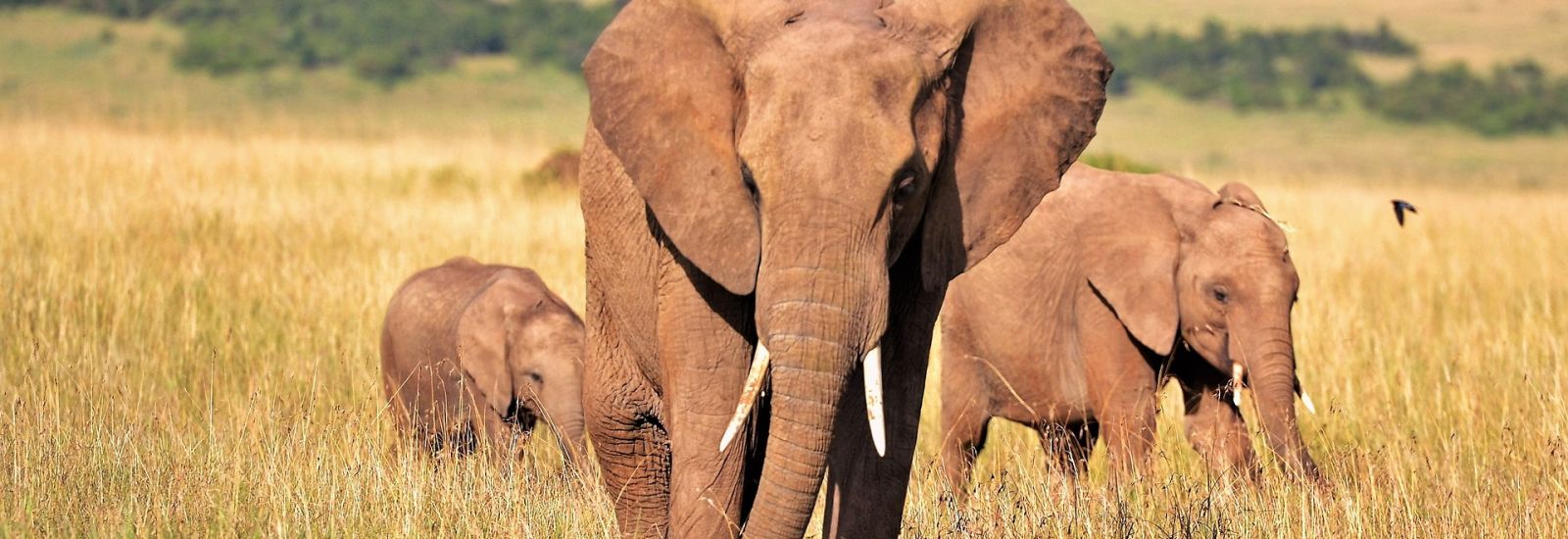
Lessons Learned: Tackling wildlife poaching through evidence-informed policy in Zimbabwe
An Oxford Policy Engagement Fellowship has helped improve the use of ranger-collected data to inform strategies to tackle wildlife poaching in Zimbabwe.
Whilst poaching reduced the overall African elephant population by 30% from 2007-16, the decline has even more dramatic in the Zambezi Valley, Zimbabwe. Here elephant numbers reduced by half from 2004 to 2014 – a devastating loss which has seriously compromised tourism, local incomes, and socio-economic development.
As a Zimbabwean national, I’ve been working with the Zimbabwean Parks and Wildlife Management Authority (ZPWMA) since 2017, researching the role of ranger-collected data in tackling elephant poaching in Zambezi. My research clearly showed that this data (such as number and location of carcases), can help wildlife managers make decisions about where and when to deploy resources most effectively. But poor ranger motivation, inconsistent data collection, and poor use of information collected, limit its potential to inform policy.
An OPEN Fellowship (Jan-April 2021), enabled us to develop new approaches to strengthen how ranger-collected data informs anti-poaching strategies.
An OPEN Fellowship enabled us to develop new approaches to strengthen how ranger-collected data informs anti-poaching strategies.
Unfortunately, the COVID pandemic meant that I couldn’t travel to Zimbabwe as planned for the project. Workshops and discussions with partners had to be conducted virtually and I couldn’t work with people on the ground to embed the approaches as I’d hoped. But having an established working relationship with ZPWMA over many years meant that we still managed to achieve our objectives.
A key output, was the national policy brief we developed which contains practical but ambitious recommendations for maximising the value of ranger-collected data in the management of wildlife parks. The brief contains guidance for all those involved in tackling poaching. One of the key recommendations is for a ‘data champion’ in each park to help managers interpret the evidence collected and use it effectively in planning.
We wanted to ensure that ZPWMA took ownership of the policy brief and other activities so they could take them forward, and we worked hard to ensure they had the authority and competence to do this, which worked extremely well.
We hope to develop a major 5-year work programme to extend our collaboration and ZPWMA intends to use our policy project as a model of engagement for future international research collaborations.
ZPWMA was used to international researchers extracting data with little engagement with the challenges and realities of the local context, and I think that they really appreciated our approach. In fact, we hope to develop a major 5-year work programme to extend our collaboration and ZPWMA intends to use our policy project as a model of engagement for future international research collaborations.
In terms of what I’d say to other researchers? I think getting into the mindset of seeing the research from a partner’s perspective, rather than an academic one, takes time. But it’s important to do this rather than to jump into activities which are not sensitive to a partner’s perspectives or priorities.
Obviously, my collaboration with ZPWMA is continuing and we will only be able to evaluate our impact in the longer-term. But the OPEN Fellowship certainly helped to push forward our partnership and contribute to work we hope will lead to tangible reductions in poaching in the Zambesi Valley.
Timothy Kuiper is a post-doctoral research fellow at the Centre for Statistics in Ecology and Conservation at the University of Cape Town. He was formerly in the Department of Zoology at Oxford University.